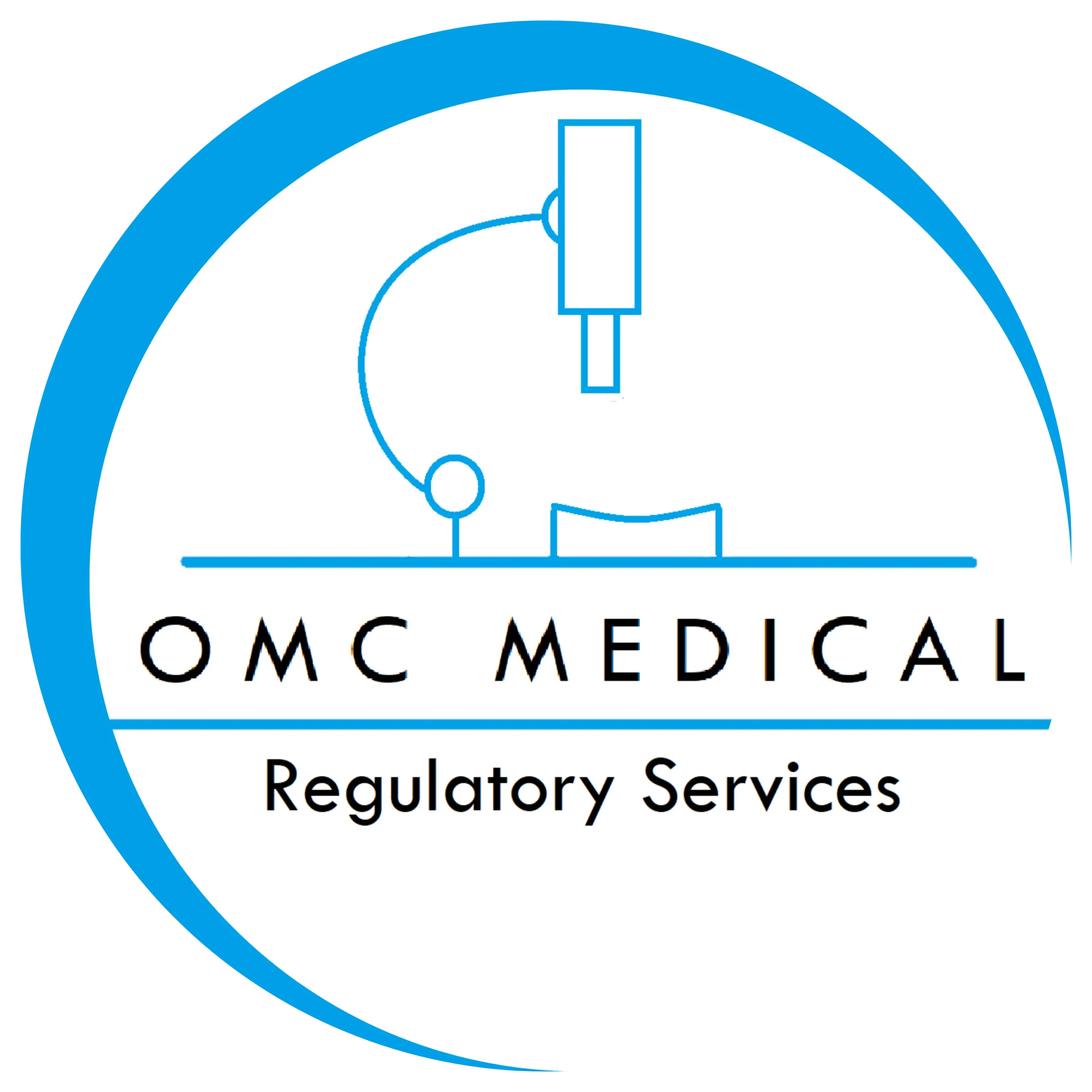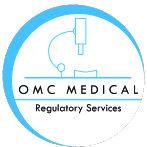Drug Registration Process in Myanmar
Drug Registration Process in Myanmar
Ministry of Health Mozambique's Medicine Registration- Mozambique National Medicines Control Authority (NMCA)
Ministry of Health
Ministry of Health
Regulatory Authority
Food and Drug Administration, Myanmar
Link for Regulatory Authority
Language
Burmese/English
Local Authorised
Yes
Listing or Registration Requirements
Drug type (new drug, generic drug, innovative product), Registration pathway (aiming for full registration, local listing, shadow registration), Novelty, Risk profile, ASEAN Common Technical Dossier.
Registration Timeline
6-12 Months
Fee
- Registration Assessment Fees: 300,000 Kyats + Fees for Laboratory analysis.
- Registration Fees: 500,000 Kyats.
- Variation of Registration: 100,000 Kyats for each variation
License Validity
5 Years
Overview of Drug Registration Process in Myanmar
The process of drug registration in Myanmar involves a meticulous processing step to ensure the safety, efficacy, and compliance of pharmaceutical products. As of 26th February 2018, the Department of Food and Drug Administration (FDA) has implemented an online submission system, revolutionizing the application process.
In this guide, we break down each stage of drug registration, from the initial application to variations and renewals. The FDA has released detailed guideline on Drug Registration Application.
1. Initial Application for Registration
1.1 Application Submission (Form I Registration)
The application process begins with the submission of the drug registration application in the prescribed form, known as Form, I Registration. Applicants must use the mandatory online facility at https://user.dcdfdamm.online. Detailed guidance on using the online application facility is provided in Annex VIII.
A separate registration application should be submitted for pharmaceutical preparation varied strengths, dosage or size.
1.2 Dossier Submission
After the online submission is screened and found receivable by the FDA, applicants are required to submit a physical dossier within 60 days. Failure to meet this deadline forfeits the application. The physical dossier, consisting of Form (I) and accompanying documentation, must adhere to a specified order, as listed in “Documents Required for Registration of Drugs” (Annex I).
1.3 Application Review and Fees
An authorized representative, who must be a resident of Myanmar, is responsible for submitting the application in person. Registration assessment fees of 300,000 Kyats are to be remitted to the FDA’s bank account before submission. Applications containing active substances not marketed in Myanmar require authorization from recognized regulatory authorities or prequalification by the World Health Organization.
1.4 Importation Approval for Drug Samples
For drugs manufactured outside Myanmar, an “Approval for Importation of Drug Samples” (Annex II) is issued upon application. Samples must comply with specified conditions and Trade and Customs Department regulations.
1.5 Evaluation Process
The evaluation process commences only when all requirements are met, including the remittance of fees, a complete set of documents, and enough good shelf-life drug samples.
1.6 Registration Approval and Fees
Upon approval, applicants are notified to remit 500,000 Kyats as Registration Fee within 90 days. Failure to comply results in the forfeiture of the application, with no return of assessment fees or registration documents.
1.7 Certificate Issuance
The Drug Registration Certificate is issued only after the acknowledgement of receipt of payments submitted to the FDA.
1.8 Irreclaimable Submissions
It’s crucial to note that submitted dossiers and fees are not reclaimable in case of rejection or forgoing of application.
2. Updating Changes to Registered Drugs (Variations)
2.1 Application Process
Any changes to registered drugs must be approved by the FDA. The Registration Certificate holder applies for a variation, providing reasons, relevant data, and the effect of changes on drug specifications.
2.2 Submission Requirements
Submission includes an attestation from the country’s drug regulatory authority approving changes, a photocopy of the Drug Registration Certificate, and a 100,000 Kyats fee per variation.
2.3 Fee Waiver Possibility
The Drug Advisory Committee may waive the fee if the variation is deemed beneficial to the public regarding quality, safety, and efficacy.
3. Renewal of Registration
3.1 Timely Submission
Renewal applications must be submitted 90 days before the registration validity expires to avoid disruption.
3.2 Application Process and Fees
Renewal follows the same procedure as new registrations, including the submission of required samples and updated information. Registration assessment fees must be remitted during renewal application, and upon approval, a 500,000 Kyats Registration Fee is levied.
3.3 New Registration Number
Upon approval, a new Registration Number is designated, rendering the old one null and void.
3.4 Consequences of Non-Renewal
Failure to apply for renewal results in the invalidation of registration, effective from the certificate’s expiry date.
Documents Required for Product Registration
Part I: Administrative Documents and Product Information
- Application forms: This includes Form I (Registration Application) and any other relevant forms specified by the DFDA.
- Company documents:
- Certificate of Business Registration for local companies.
- Attestation by the product owner on compliance with manufacturing procedures.
- Product Owner Company Profile.
- A statement describing the duties and responsibilities of each manufacturer.
- Certificate of NRA of the country of origin showing acceptance of more than one manufacturer (if applicable).
- Manufacture licenses with conditions, if applicable.
- Manufacture profile including details of manufacturing site and facilities.
- Product information:
- Product name and brand name.
- Chemical and pharmaceutical data.
- Dosage form and characteristics.
- Accompanying reconstitution diluent(s), if any.
- Composition with details of each component and its function.
- Indications and therapeutic uses.
- Dosage and administration instructions.
- Contraindications, warnings, and precautions.
- Adverse reactions and side effects.
- Labelling information, including package leaflet and product label designs.
Part II: Quality Documents for Drug Substance and Drug Product
- Manufacturing details:
- GMP certificates for the manufacturing plant(s) of the drug substance and drug product.
- Process flow charts for the manufacture of the drug substance and drug product.
- Specifications for the drug substance and drug product.
- Analytical reports for the drug substance and drug product.
- Stability data for the drug substance and drug product.
Additional Documents:
- Fees as required by the DFDA.
- Enough good shelf-life drug samples (at least two-thirds of shelf-life at lot release).
- Any other documents requested by the DFDA during the review process.
Labelling and Packaging:
Ensure that the approved drug product complies with labelling and packaging requirements set by the FDA.
Post-Market Surveillance:
Once the drug product is on the market, post-market surveillance activities may be required to monitor its safety and effectiveness.
Quick Contact
If you have any questions or need help, feel free to contact with our team.
©2024 OMC Medical, All Rights Reserved. With Love by 7oroof.com

Our team will be happy to respond your queries. Contact us directly with your questions or for scheduling FREE consultation and we’ll be in touch as soon as possible.
Quick Contact
If you have any questions or need help, feel free to contact with our team.

Our team will be happy to respond your queries. Contact us directly with your questions or for scheduling FREE consultation and we’ll be in touch as soon as possible.
Quick contact
- info@omcmedical.co.uk
-
0044 7719761764
0044 2080667260 - Planet House, North Heath Lane, Horsham, West Sussex RH12 5QE

Our team will be happy to respond your queries. Contact us directly with your questions or for scheduling FREE consultation and we’ll be in touch as soon as possible.
Our Branches
- Switzerland
- Europe (Northern Ireland)
- Asia
- Canada
- Brazil
- Middle East
- China
- Turkey (Partner Office)

To launch a medical device in a country, medical devices must comply with the local country’s regulatory requirements. Let us be your trusted partner in bringing your medical devices to the Global market. Contact us today to learn more about how we can assist you in every step of the way.
Our Branches
- Europe
- Asia
- Africa
- Oceania
- South America
- North America
- Planet House, North Heath Lane, Horsham, West Sussex RH12 5QE
- Planet House, North Heath Lane, Horsham, West Sussex RH12 5QE


